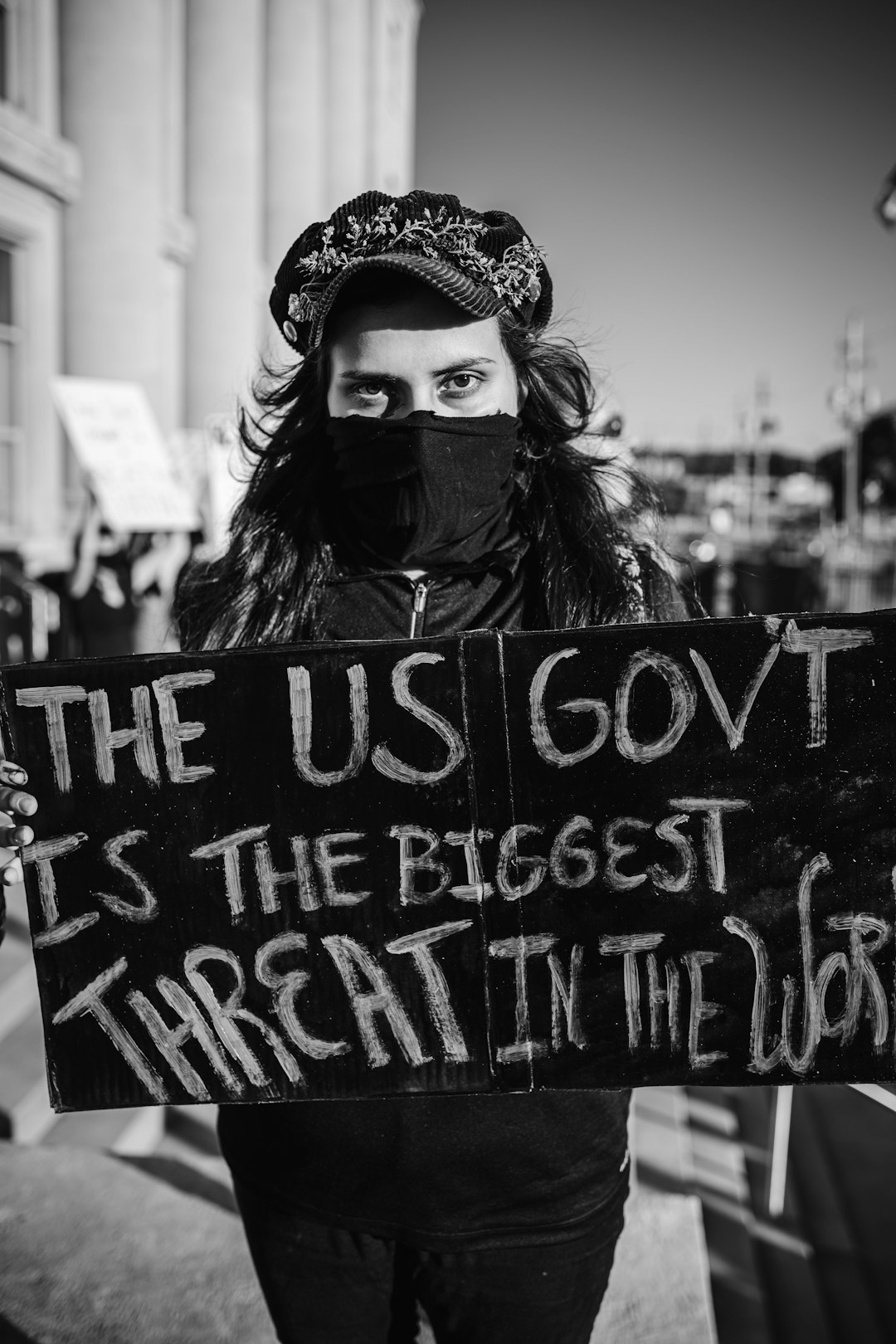
Introduction
Presidential campaigns are often marked by their intense emotions, high stakes, and the potential to shape the course of the nation’s history. Throughout the years, these campaigns have been fought on a variety of fronts, from issues of war and peace to social justice and civil rights. In this article, we will explore some of the most important presidential campaigns in US history, and the role that financing, crime and corruption, and TV debates have played in shaping political opinion on the way to the White House.
The Power of Campaigning: An Overview
The United States of America has a long history of presidential campaigns that have played a significant role in shaping the country’s political landscape. From the early days of the republic to the present day, these campaigns have been fought on multiple fronts, from financing and crime to corruption and TV debates, all with the ultimate goal of winning the White House. The history of presidential campaigns in the United States is a complex and fascinating subject.
From the earliest days of the republic to the present day, campaigns have been shaped by a wide range of factors, including financing, crime and corruption, and media coverage. These campaigns have often been marked by drama, controversy, and high stakes. This article explores some of the most important presidential campaigns in US history, as viewed through the lens of former campaigners, journalists, and researchers. It examines how these campaigns have changed America and analyzes the various strategies used to sway political opinion during the race to the presidency.
The Election of 1800: Jefferson vs. Adams
The election of 1800 marked the first peaceful transfer of power between political parties in American history. The incumbent Federalist president, John Adams, was challenged by Thomas Jefferson, the Democratic-Republican candidate. The campaign was marked by vicious attacks on both sides, including accusations of infidelity, treason, and even murder. Ultimately, Jefferson emerged victorious, winning 73 electoral votes to Adams’ 65.
The Election of 1860: Lincoln vs. Douglas
The election of 1860 was a pivotal moment in US history, as it ultimately led to the secession of several Southern states and the outbreak of the Civil War. The Republican candidate, Abraham Lincoln, ran on a platform of opposition to the expansion of slavery, while the Democratic candidate, Stephen A. Douglas, advocated for popular sovereignty. The campaign was marked by bitter debates, including the famous Lincoln-Douglas debates, and allegations of voter fraud. In the end, Lincoln won the presidency with just 40% of the popular vote, but a clear majority in the electoral college.
The Election of 1960: Kennedy vs. Nixon
The election of 1960 was notable for being the first to feature televised debates between the candidates. Democrat John F. Kennedy and Republican Richard Nixon faced off in four debates, which were watched by millions of Americans. The debates were seen as a turning point in the campaign, as Kennedy’s youthful energy and charisma played well on TV, while Nixon’s appearance was widely criticized. The election was also marked by allegations of voter fraud and intimidation, particularly in Illinois and Texas, which were crucial swing states. Ultimately, Kennedy won the presidency with a narrow margin of victory in both the popular vote and the electoral college.
The Election of 1972: Nixon vs. McGovern
The election of 1972 was marked by allegations of political corruption and dirty tricks. Republican incumbent Richard Nixon faced off against Democratic challenger George McGovern, who ran on a platform of ending the Vietnam War and promoting social justice. However, the election was overshadowed by the Watergate scandal, in which members of Nixon’s campaign were caught breaking into the Democratic National Committee headquarters in Washington, DC. Nixon won the election in a landslide, but the Watergate scandal eventually led to his resignation in 1974.
The Election of 2008: Obama vs. McCain
The election of 2008 was notable for being the first to feature an African American major party nominee, Democrat Barack Obama. Obama ran on a platform of change and hope, while Republican John McCain emphasized his experience and record of service. The campaign was marked by intense fundraising efforts, with both candidates raising record-breaking amounts of money. The use of social media and online organizing also played a major role in the campaign, with Obama’s team being particularly effective in mobilizing young voters. Ultimately, Obama won the presidency with a decisive victory in both the popular vote and the electoral college.
Conclusion
Presidential campaigns have the power to shape the course of American history, and they are often marked by intense emotions, high stakes, and bitter partisan divides. From the earliest days of the republic to the present day, these campaigns have been fought on a variety of fronts, from town hall meetings and newspaper ads to radio broadcasts and social media. Each campaign has been shaped by its unique political, social, and economic context, as well as the personalities of the candidates themselves.




